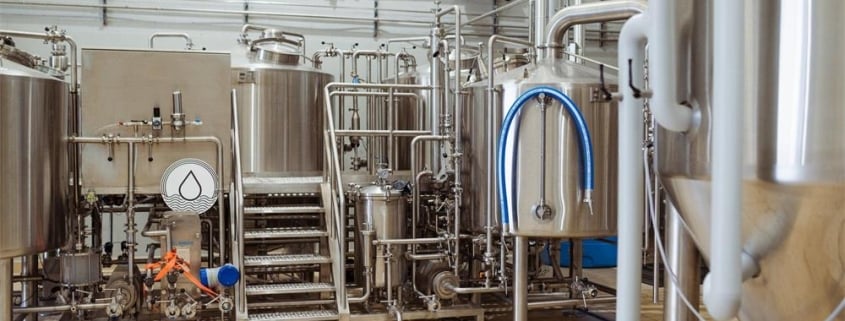How to Choose the Best Brewery Equipment Suppliers
When you think about launching your own brewery, what’s the first thing that comes to mind? For most of us, it’s probably the vision of pouring the perfect pint. But behind every golden ale or rich stout is a lineup of essential, high-quality brewery equipment. Picking the right brewery equipment supplier isn’t just about ticking boxes—it’s about building the heart of your brewing operation.
Let’s dive deep into the world of brewery equipment, why quality matters, what types you’ll need, how to choose a reliable supplier, and who the top players in the industry are. We’ll also take a closer look at what startups and microbreweries should consider.

Why Quality Brewery Equipment Matters
So, why should you care about the quality of your brewery equipment? Well, think of it like this: if you’re a chef, your knives need to be sharp. If you’re a painter, your brushes must be precise. In brewing, your equipment is your toolbox, and every batch depends on it.
Consistency is King: Quality equipment ensures that each brew tastes the same, batch after batch. No one wants a beer that tastes amazing one week and flat the next.
Durability Saves Money: Cheap equipment can break down faster, leading to costly repairs or replacements. High-quality stainless steel tanks, for example, can last decades if maintained properly.
Safety First: Brewing involves high temperatures, pressure, and chemicals. Reliable equipment minimizes risks and keeps your team safe.
Efficiency Boosts Production: Well-engineered systems optimize your brewing time, cutting down on energy and ingredient waste. Faster brewing cycles mean more beer in less time.
Brand Reputation: Imagine a customer sipping your beer and finding metal shavings or off-flavors. Yikes. Quality control starts with your equipment.
Flavor Integrity: Poor-quality fermenters or kettles can introduce contaminants that ruin the taste. Great equipment preserves the integrity of your unique flavor profiles.
Bottom line? Investing in premium brewery equipment is like setting a solid foundation for a skyscraper. Without it, your brewery could crumble under pressure.
Types of Brewery Equipment: The Essential Brewing Arsenal
There’s more to brewing than big shiny tanks. Here’s a breakdown of the key equipment you’ll need to run a brewery, from grain to glass.
Brewhouse System
This is your command center. The brewhouse usually includes a mash tun, lauter tun, brew kettle, and whirlpool. Each vessel plays a crucial role in converting grains into wort (the sweet liquid that becomes beer).
Mash Tun vs. Lauter Tun: The mash tun is where grains mix with hot water to extract sugars. The lauter tun separates the spent grain from the sweet liquid. Some brewers use a combined mash/lauter tun to save space.
Brew Kettle: This is where the wort is boiled and hops are added. High-quality kettles offer better temperature control and energy efficiency.
Whirlpool: Used post-boil to separate hop particles and proteins from the wort. A good whirlpool system makes this process faster and more effective.
Fermentation Tanks
Fermenters are where yeast works its magic, converting sugars into alcohol and carbon dioxide.
Conical Fermenters vs. Cylindrical Fermenters: Conical fermenters are preferred because they make it easy to collect yeast and remove sediment. Cylindrical fermenters are cheaper but harder to clean.
Bright Beer Tanks (BBT)
These tanks store beer after fermentation for carbonation and clarification before packaging. High-quality BBTs preserve carbonation levels and prevent oxygen exposure.
Heat Exchangers
Used to cool the wort quickly after boiling, which helps prevent unwanted bacteria growth and protects yeast viability.
CIP (Clean-In-Place) Systems
A must-have for keeping your brewery sanitary. Efficient CIP systems clean tanks and piping automatically, saving time and water.
Additional Equipment
- Grain Mills: For crushing malted grains.
- Keg Washers: Automate the cleaning of kegs.
- Control Panels: Manage temperature, flow rates, and more with precision.
- Pumps & Piping: Move liquids efficiently through the system.
Choosing between different sizes, materials, and designs of each piece can feel overwhelming, but that’s where your supplier should guide you.
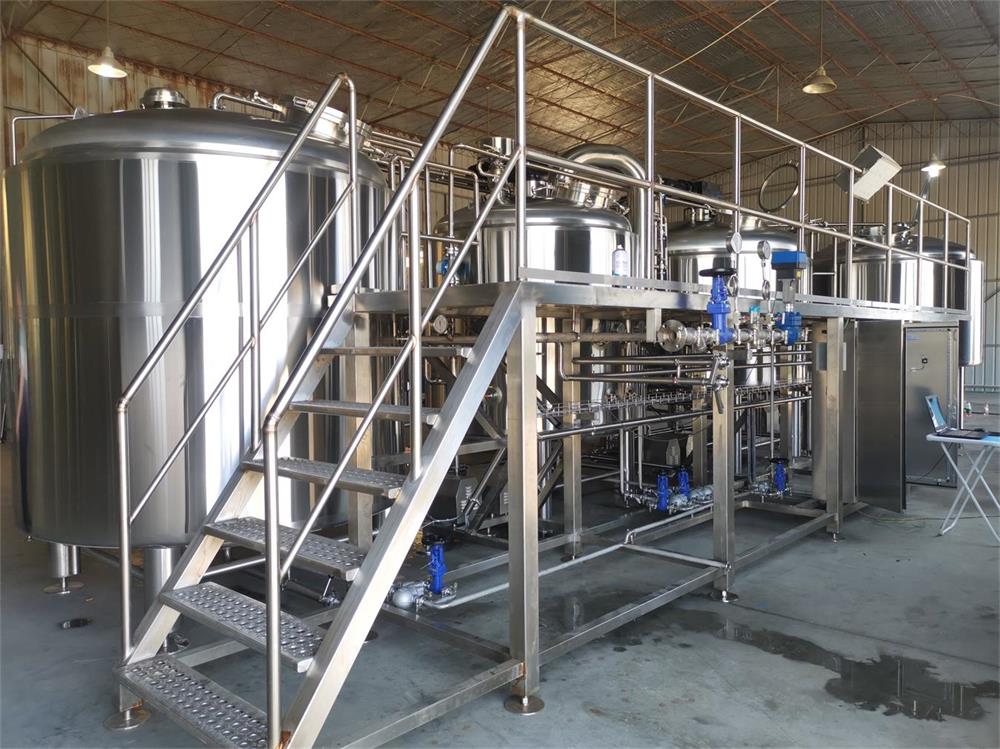
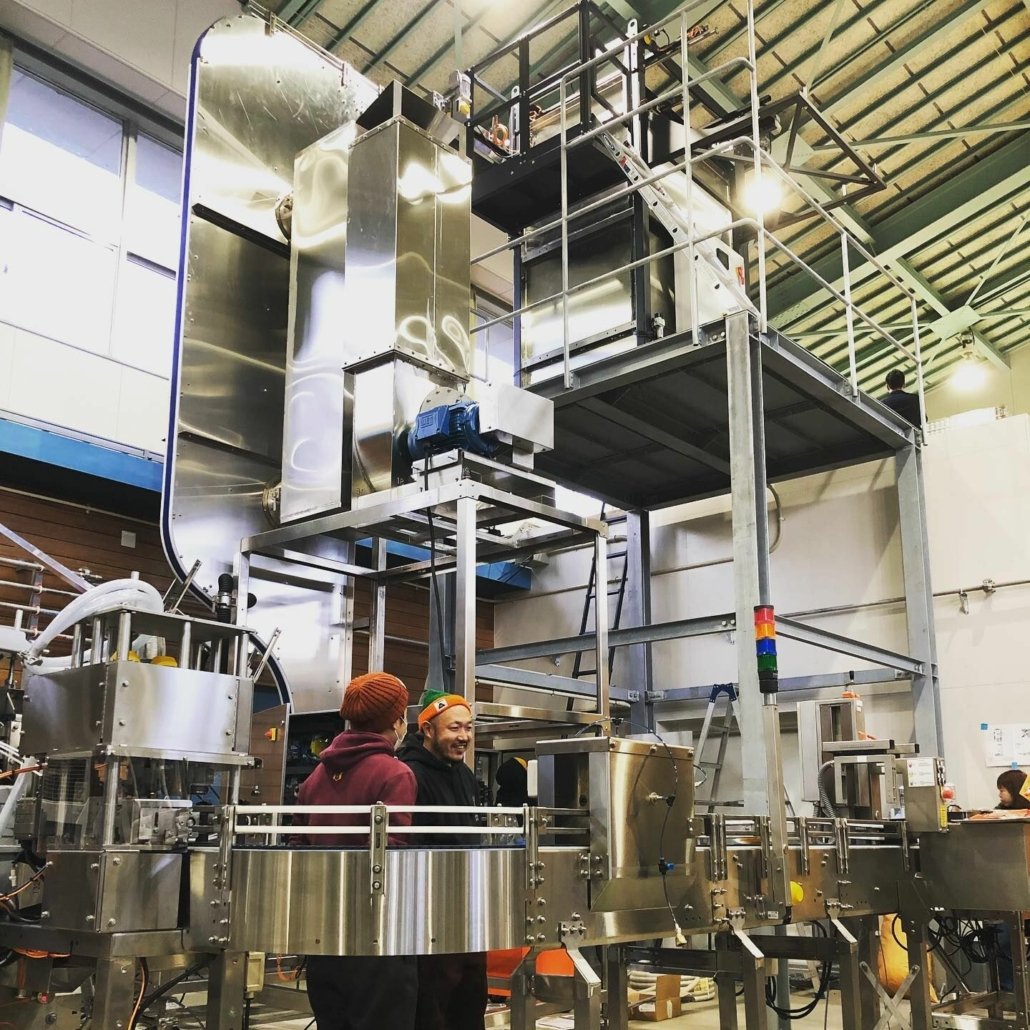
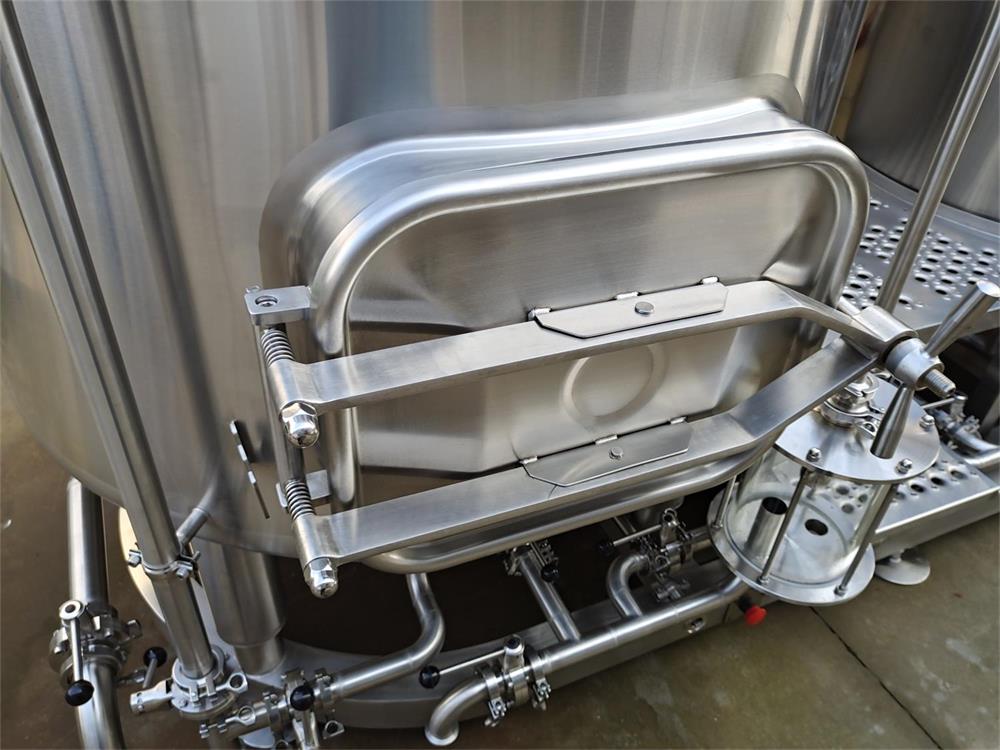
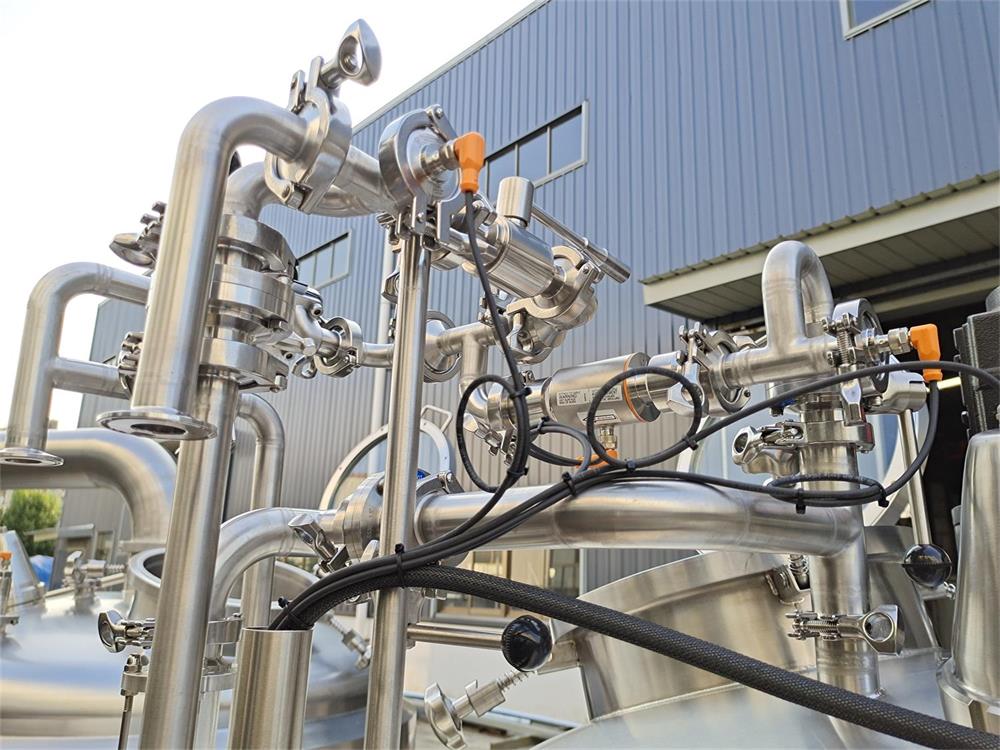
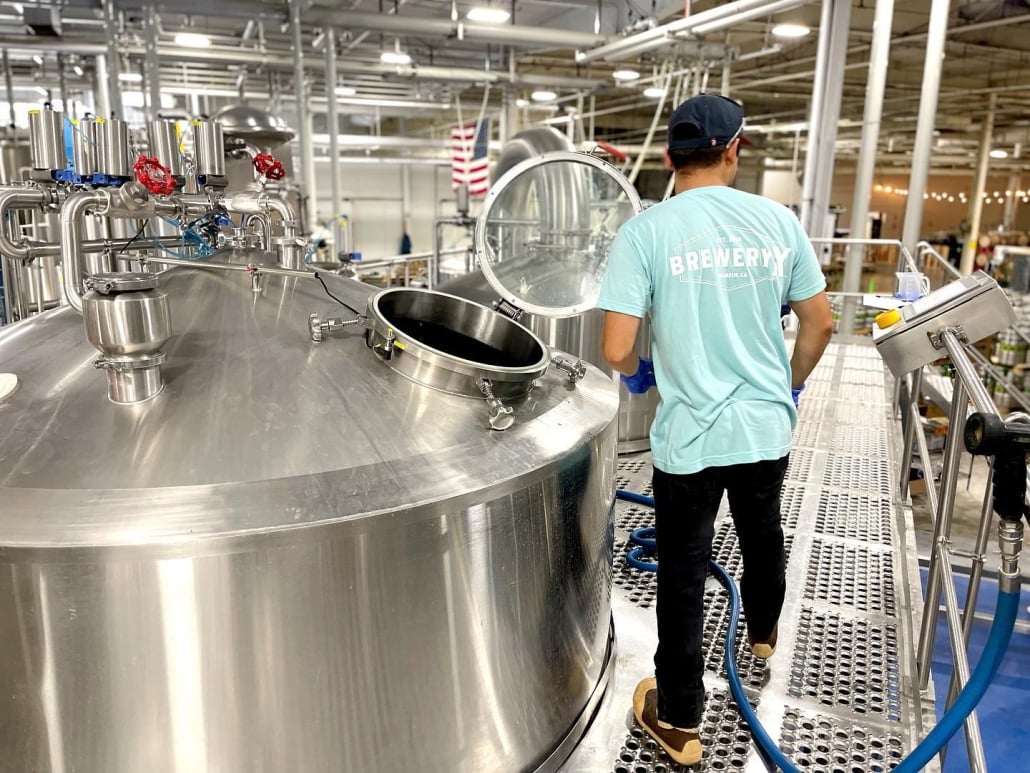
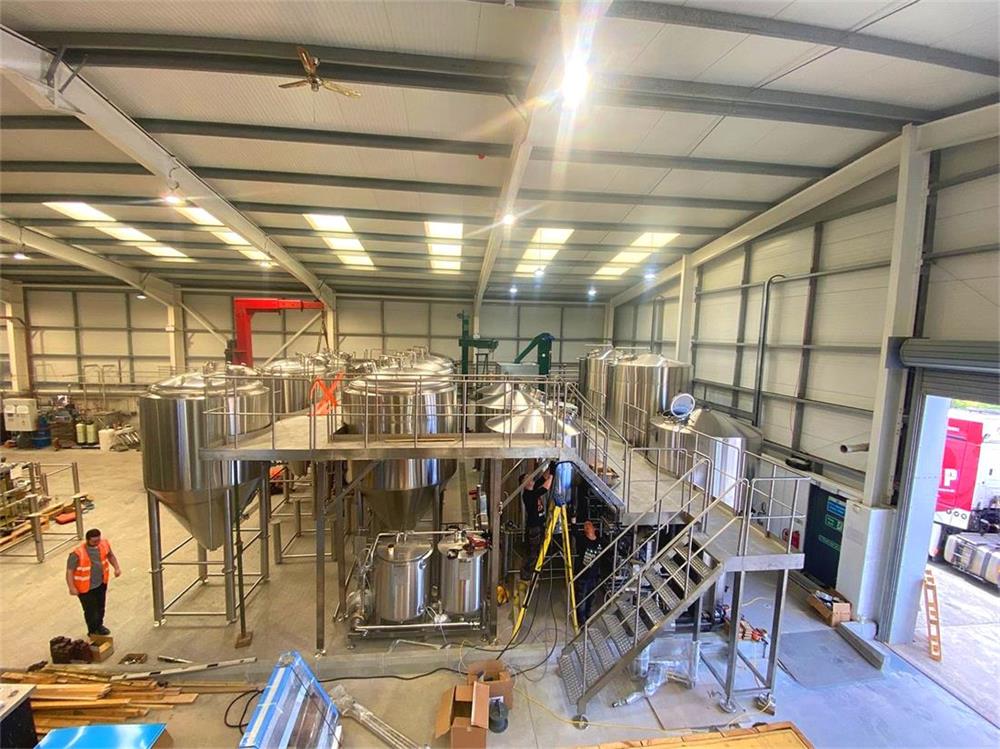
How to Choose the Right Brewery Equipment Supplier: What to Look For
Not all suppliers are created equal. How do you find the one that fits your brewing dreams? Here’s what to keep in mind.
Experience and Reputation: A supplier that’s been in the game for decades usually has a proven track record. Read customer reviews, ask other brewers, and check how long they’ve been around.
Customization Options: Can the supplier tailor equipment to your specific brewery layout and production goals? One-size-fits-all doesn’t work for everyone.
Technical Support: What happens if something breaks? Choose suppliers who offer excellent after-sales service and readily available spare parts.
Certifications and Standards: Look for compliance with international safety and quality standards like ASME, CE, or ISO.
Pricing Transparency: Watch out for hidden fees. Reputable suppliers provide detailed quotes and explain costs upfront.
Installation and Training: Some suppliers offer full-service packages that include delivery, installation, and staff training. This is a huge bonus, especially if you’re new to the game.
Warranty Coverage: Longer warranties often reflect better build quality and supplier confidence.
Global Reach vs. Local Support: Some international suppliers offer cutting-edge equipment, but local suppliers can provide faster service and easier communication.
Aesthetic Design: Yes, the look of your brewhouse matters, especially if it’s visible to customers. Sleek, well-polished equipment enhances the overall vibe.
Choosing the right supplier is like picking a long-term brewing partner. They should care as much about your beer as you do.
Top Brewery Equipment Suppliers: Industry Leaders You Should Know
The brewery equipment market is packed with players, but here are some of the top suppliers known for their craftsmanship, innovation, and customer satisfaction.
| Brewery Equipment Supplier | Strengths | Pricing Range | Location | Customer Feedback |
|---|---|---|---|---|
| Ss Brewtech | Known for cutting-edge designs and modular systems; ideal for small to medium breweries | Mid-range to premium | USA | Excellent support, innovative features |
| JV Northwest | Custom-built, high-volume systems; focuses on durability | Premium | USA | Praised for quality and longevity |
| BrewBilt Manufacturing | Offers aesthetic and functional designs; fully customizable | Mid-range to premium | USA | Highly rated for customer collaboration |
| Psycho Brew | Specializes in small-batch systems; perfect for startups | Affordable to mid-range | USA | Great for new brewers, hands-on support |
| Tiantai Beer Equipment | Competitive pricing, broad range; strong global presence | Affordable | China | Good for budget-conscious buyers |
| DEGONG Brewery Equipment | Wide equipment variety; fast international shipping | Affordable to mid-range | China | Fast delivery, solid after-sales service |
Each supplier has its sweet spot. If you’re a microbrewery aiming for a rustic taproom aesthetic, BrewBilt might be your go-to. If you’re scaling fast and need rock-solid reliability, JV Northwest could be the better bet. And if you’re counting every penny, DEGONG and Tiantai offer compelling options.
Key Considerations for Startups and Microbreweries: Brewing Smart on a Budget
Starting small? You’re in good company. Microbreweries are popping up everywhere, but that doesn’t mean the journey is easy. Here’s what you should keep top of mind.
Scaling Flexibility: Don’t box yourself in. Look for equipment that can grow with you. Modular systems let you add tanks and capacity as demand increases.
Space Efficiency: Smaller breweries often operate in tight spaces. Prioritize vertical tanks and combo systems that save room.
Cost vs. Quality: It’s tempting to go cheap when funds are tight, but remember—buying poor-quality equipment now could cost you more later in downtime and repairs.
Local Regulations: Health and safety codes can vary by region. Make sure your supplier can help you meet local compliance standards.
Support and Training: If you’re new to brewing, having a supplier who offers hands-on training is priceless. Some even provide recipe development assistance.
Energy and Water Consumption: Startups need to watch operating costs closely. Efficient heating, cooling, and cleaning systems can make a big financial difference over time.
Aesthetic Impact: Customers love seeing shiny tanks and pipes when they walk into a microbrewery. Equipment that looks good can actually help market your brand.
Startups and microbreweries walk a tightrope between dream and budget. Smart equipment choices can keep you balanced.

FAQ
| Frequently Asked Question | Detailed Answer |
|---|---|
| What’s the most important equipment for starting a microbrewery? | A reliable brewhouse system, at least one fermenter, a bright beer tank, and proper cleaning systems are essential starting points. |
| How much does brewery equipment cost? | Small systems can start around $50,000, while larger setups can exceed $500,000 depending on size, customization, and supplier. |
| Is it better to buy from local or international suppliers? | Local suppliers offer faster support and easier communication. International suppliers may offer lower prices but longer shipping times. Consider what matters most for your operation. |
| Can brewery equipment be customized? | Absolutely. Many suppliers provide tailored designs to fit your space, production goals, and aesthetic preferences. |
| How long does brewery equipment last? | With proper maintenance, high-quality stainless steel equipment can last 20 years or more. Lower-end equipment may need replacement within 5-10 years. |
| What certifications should I look for? | Check for ASME, CE, or ISO certifications to ensure safety, quality, and compliance with international standards. |
| Do suppliers offer training? | Many reputable suppliers provide on-site training, installation support, and even recipe consultation to help new brewers get started. |
| Can I expand my system later? | Yes, modular systems make it easier to scale up production as your brewery grows. Always plan for future expansion when choosing equipment. |

